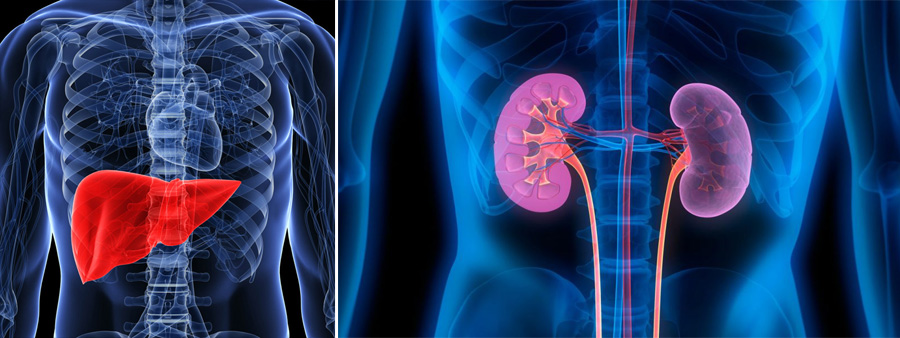
There are many rumors about protein in the world. We are not talking about the protein supplements that some people call protein and have no knowledge that protein is present in different foods. Yes, there are many people who do not know that protein supplements are derived from food. Whey-protein, BCAA, and amino acids, for example, extracted from milk. When we talk about protein, we talk about food and protein supplements.
Protein is a total of 20 amino acids. 9 essential acids must be obtained from an external source (of food) and 11 non-essential acids can be manufactured by the body itself.
Protein is divided into two types, namely, whole protein and incomplete protein. The whole protein contains 20 fully amino acids, namely animal protein such as meat, dairy, and eggs. The incomplete protein is vegetable protein and lacks amino acid or two. You can mix several vegetable protein sources together to get a full protein amino acid meal. However, animal protein remains an important source of protein, especially for bodybuilders and those who walk on a diet for slimming. As the body benefits more animal protein and produces less protein waste than vegetable protein.
Protein has great benefits for muscle building, slimming and improving health. High protein dieting is not only necessary for bodybuilders to build muscle. But it helps dieters to slim faster by increasing metabolic rates and eliminating hunger during dieting.
What is the relationship of protein to kidneys?
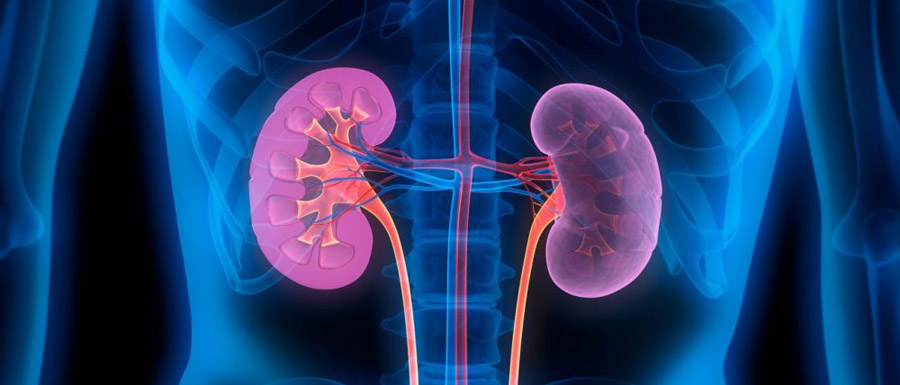
When the protein is taken, it is broken down into amino acids. When you eat excess amino acids, they become nitrogenous wastes that the kidneys dispose of in the urine. Additional information, the body benefits more than 30 grams protein of the meal. The story that the body benefits only 30 grams protein meal, just a myth.
What are the effects of high protein diet on kidney patients?
Have you noticed the address? I am now talking about kidney patients, not healthy, Gaelic in the way. In 1997, there were 255 patients with kidney disease who were shown to have improved kidney status with a low-protein diet.
Another study conducted in 1996 recommends that kidney patients should not exceed 0.6 grams of protein per kg of body weight so as not to deteriorate the health of their kidneys.
These studies do not mean that kidney patients stop eating protein completely. This is because protein is a basic food element needed by the body for health and life. If you do not eat protein, your health will deteriorate, including the health of your kidney. Consult your doctor for the amount of protein you should eat. This is because the amount of protein depends on your size, age and the progress of your illness.
In short, your kidney status depends on the GFR index, which is the Glomerular filtration rate, which is the ability of your kidney to filter waste. This percentage can be measured in any laboratory. Kidney patients are divided into 5 stages.
The first phase of the GFR is higher than 90, which is the normal number of human, but with abnormal measurements of protein in urine.
The second stage of the GFR is from 60 to 89
The third phase of the GFR is from 30 to 59
Phase IV GFR from 15 to 29
The fifth and final stage is GFR less than 15 and total renal failure.
In fact, in the fifth stage, renal failure, there is no need to reduce the protein because the patient is doing a continuous renal dialysis to remove all the wastes from the diseased kidneys. On the contrary, the need for protein increases because of the removal of many important amino acids from the kidneys during washing.
In the case of patients with kidney disease due to diabetes. The doctor should choose the amount of protein that balances blood sugar control and prevents deterioration of kidney condition.
Another important tip for kidney patients:
Because of kidney disease, phosphorus accumulates in the blood abnormally. Therefore, proteins containing phosphorus, such as yogurt, yogurt, cheese, beans, and nuts, should be reduced.
What are the effects of high protein diet on healthy kidneys?
It does not mean that high protein dieting causes deterioration of kidney health, it will negatively affect your kidney health. Increased intake of sugar adversely affects the diabetic for example. But increasing sugar does not affect you negatively (within reason).
Is protein a pressure on the kidneys?
Kidneys are always under pressure. 20% of the blood pumped into your heart goes to the kidneys. Your kidney will filter 180 liters of blood daily! Yes increasing the amount of protein adds extra effort to the kidneys. But it's a little extra effort compared to the effort your college makes every day.
Increased kidney effort is also called Hyperfilteration. That is, your kidney increases the filtering process naturally. Studies have shown that increased renal filtration is a normal reaction to the body and is not indicative of any potential risk. Pregnant women, for example, increase their total filtration by 40 to 65% for 9 months and are not exposed to any risk. The person who donates the whole kidney increases the filtration process in his remaining kidney and lives all his life in one healthy faculty.
And no research or study has observed any negative effect of increasing the amount of protein on the healthy kidney. This is a major study carried out in 2004 and published in the Journal of the International Society of Nutrition Sciences. There is no evidence that high protein dieting has any damage to the liver, kidney, bone health or blood pressure. On the contrary, this study found a correlation between increased blood pressure and increased risk of osteoporosis than the few protein recommended by some US institutions and 0.8 grams protein per kg.
Another study, which discussed 111 old and recent studies on the effect of high-protein diet on kidneys, found no negative effect of protein on intact kidneys. You can click the link and read the study summary yourself.
In fact, the two biggest causes of kidney disease are diabetes and blood pressure. Where hypertension causes 30% of kidney disease. High-protein diets protect you from these two diseases. (Studies 1, 2, 3, 4 ). Even if we assume that high-protein dieting is harmful to the kidneys (just presumed), its benefit to the kidneys is greater than the damage to the kidneys.
What are the effects of high-protein dieting on the liver?
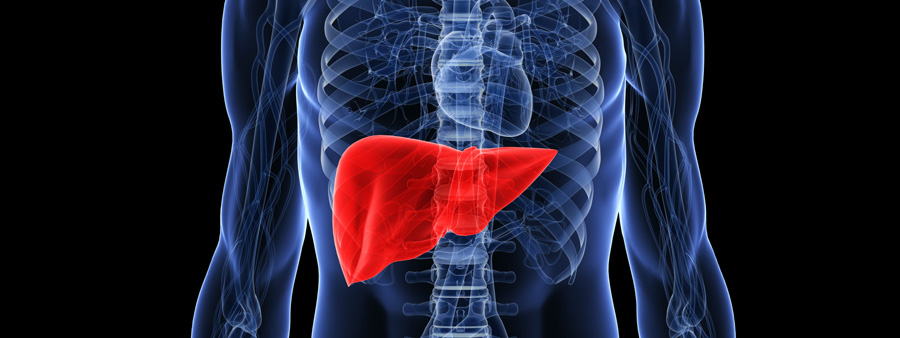
In the case of liver patients, the protein is not properly represented, and high protein diet may cause the accumulation of nitrogen residues in the brain. Source . But you should also consult with your doctor to determine the amount of protein suitable for you. Because in some cases of liver disease and after liver transplantation, doctors recommend increasing the amount of protein to build new cells and fibers in the liver rather than damaged.
In the case of healthy liver, no study showed a negative effect of high protein diet on the liver.
What is the biggest cause of diabetes, hypertension, heart disease and high cholesterol?
Studies have shown that the biggest factor that leads to doubling the risk of these diseases is eating
Higher than the TDEE for long periods of eating unhealthy foods. In the case you eat fewer calories than the TDEE it protects you dozens of diseases even under poor environmental conditions in which we live and in light of eating harmful foods ( of course, would not recommend eating fast food just because you cut Saratk, I just tell you the results of the research).










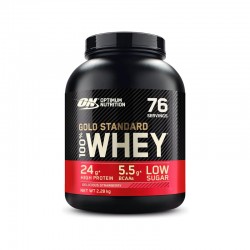



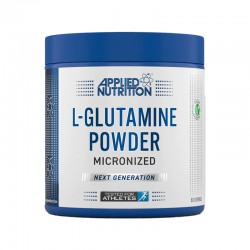






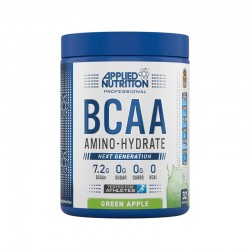
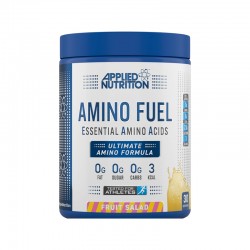
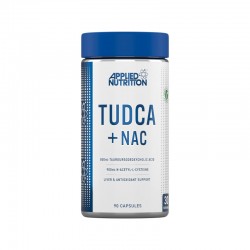
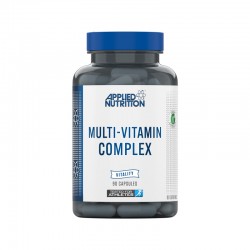
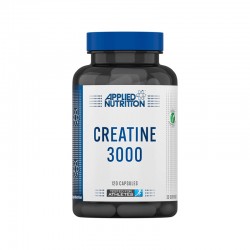
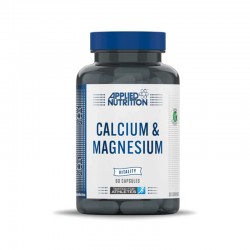








41 Comment(s)
1
1
1
1
1
1
1
1
1
1
1
1
1
1
1
1
1
1
1
1
1
1
1
1
1
1
1
1
1
1
1
1
1
1
1
1
1
1
1
1
1
1
1
1
1
1
1
1
1
1
1
1
1
1
1
1
1
1
1
1
1
1
1
1
1
1
1
1
1
1
1
1
1
1
1
1
1
1
1
I am really grateful to the holder of this website who has shared this fantastic piece of writing at here.
1
1
1
1
1
1
1
1
1
1
1
1
My family all the time say that I am wasting my time here at web, however I know I am getting experience daily by reading such pleasant content.
1
1
1
1
1
1
1
1
1
1
Hello everybody, here every person is sharing these familiarity, thus it's nice to read this web site, and I used to go to see this web site everyday.
1
1
1
1
1
1
1
1
1
I’ll immediately seize your rss as I can’t in finding your e-mail subscription hyperlink or e-newsletter service. Do you’ve any? Kindly allow me recognize so that I may just subscribe. Thanks.
1
1
1
1
1
1
1
1
1
I will immediately take hold of your rss as I can’t find your email subscription hyperlink or e-newsletter service. Do you’ve any? Kindly permit me recognise so that I may subscribe. Thanks.
1
1
1
1
1
1
Otherwise, there simply is no concept of any cable in the iTTL system.
1
1
1
1
1
Way cool! Some very valid points! I appreciate you penning this write-up plus the rest of the website is very good.
1
1
1
1
1
Hi, I do think this is a great website. I stumbledupon it ;) I'm going to come back yet again since i have book-marked it. Money and freedom is the greatest way to change, may you be rich and continue to help others.
1
1
1
1
1
Ahaa, its pleasant conversation about this piece of writing at this place at this website, I have read all that, so now me also commenting here.
1
1
1
1
I will right away snatch your rss as I can’t in finding your e-mail subscription link or newsletter service. Do you have any? Kindly permit me know in order that I may subscribe. Thanks.
1
1
Hi mates, how is the whole thing, and what you would like to say about this paragraph, in my view its in fact amazing designed for me.
1
1
Everyone loves what you guys tend to be up too. This type of clever work and exposure! Keep up the terrific works guys I've added you guys to my personal blogroll.
These are really wonderful ideas in on the topic of blogging. You have touched some pleasant factors here. Any way keep up wrinting.
I am sure this post has touched all the internet users, its really really pleasant post on building up new weblog.
Greetings! Very useful advice within this post! It is the little changes that produce the most significant changes. Many thanks for sharing!
1
1
1
1
I wanted to thank you for this good read!! I certainly enjoyed every little bit of it. I've got you saved as a favorite to check out new things you
Whoa! This blog looks exactly like my old one! It's on a totally different topic but it has pretty much the same layout and design. Excellent choice of colors!
I'll immediately snatch your rss feed as I can not find your e-mail subscription hyperlink or e-newsletter service. Do you have any? Please let me recognize in order that I may subscribe. Thanks.
I love what you guys tend to be up too. Such clever work and coverage! Keep up the amazing works guys I've included you guys to my own blogroll.
Ahaa, its nice dialogue regarding this article here at this blog, I have read all that, so now me also commenting here.
I visited many sites but the audio feature for audio songs present at this website is in fact superb.
Ahaa, its good dialogue concerning this paragraph at this place at this blog, I have read all that, so now me also commenting here.
You have made some really good points there. I checked on the internet for more info about the issue and found most people will go along with your views on this website.
Greetings! Very useful advice within this article! It's the little changes which will make the most significant changes. Many thanks for sharing!
I will immediately grasp your rss as I can not to find your e-mail subscription link or e-newsletter service. Do you’ve any? Please permit me know in order that I could subscribe. Thanks.
These are really impressive ideas in about blogging. You have touched some good things here. Any way keep up wrinting.
Hello, all the time i used to check website posts here early in the morning, as i like to find out more and more.
My brother suggested I may like this website. He was once entirely right. This submit truly made my day. You cann't consider simply how a lot time I had spent for this information! Thank you!
excellent post, very informative. I'm wondering why the opposite experts of this sector do not notice this. You should proceed your writing. I'm confident, you've a great readers' base already!
I’ll immediately clutch your rss feed as I can not in finding your e-mail subscription hyperlink or newsletter service. Do you’ve any? Kindly let me realize so that I may subscribe. Thanks.
Heya i'm for the primary time here. I came across this board and I find It really useful & it helped me out a lot. I hope to present one thing back and help others like you aided me.
But here we're are offering a free Roblox Robux Generator which is inspired by the official generator and performing very equally with the original one.
Leave a Comment